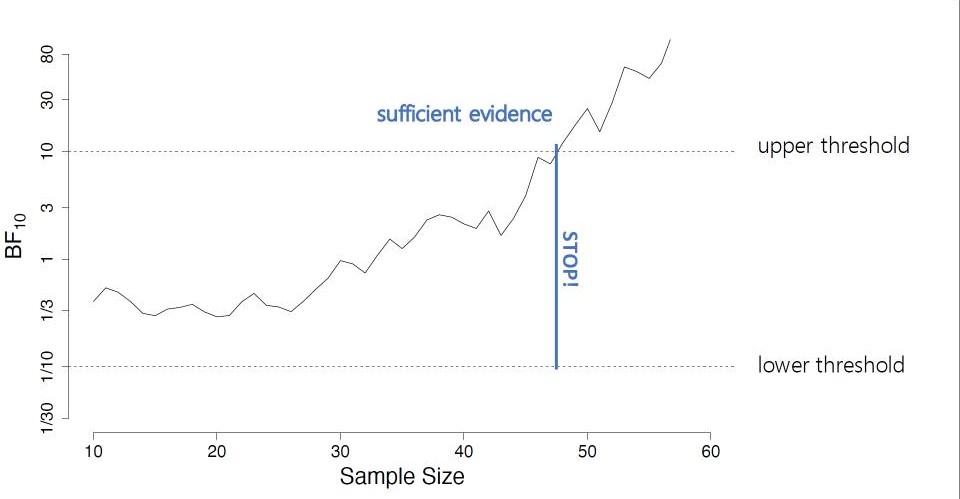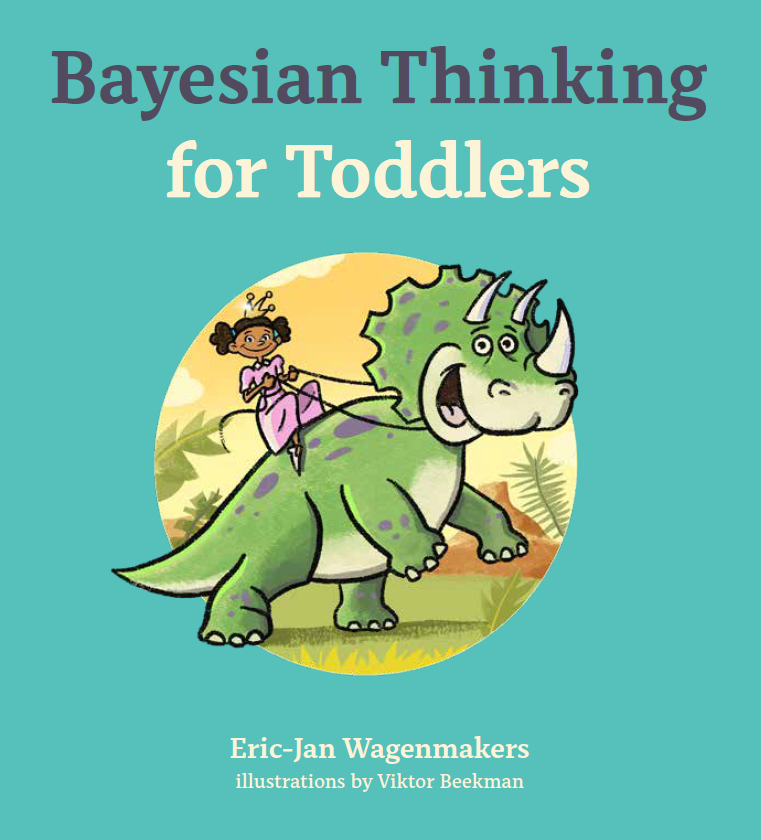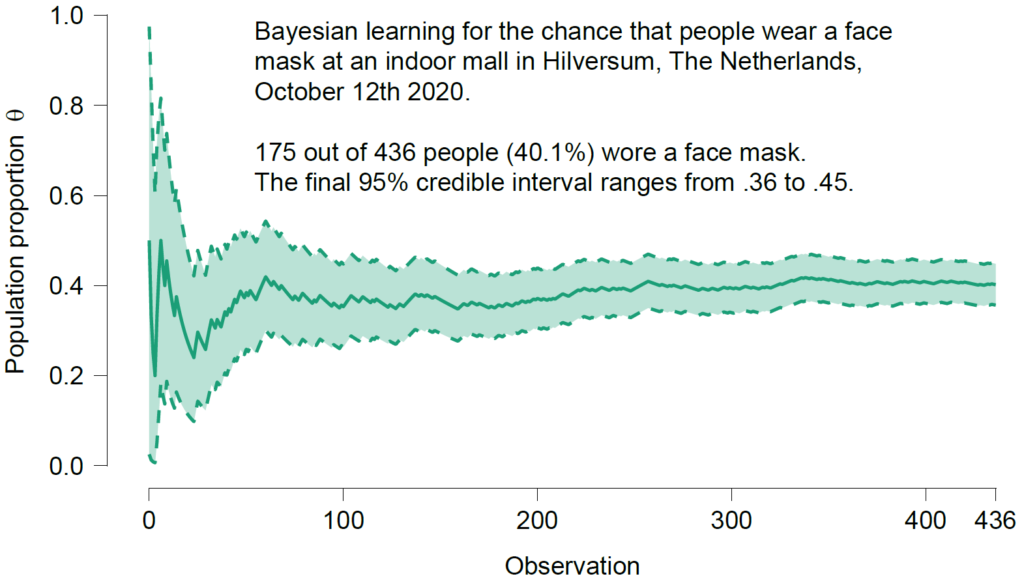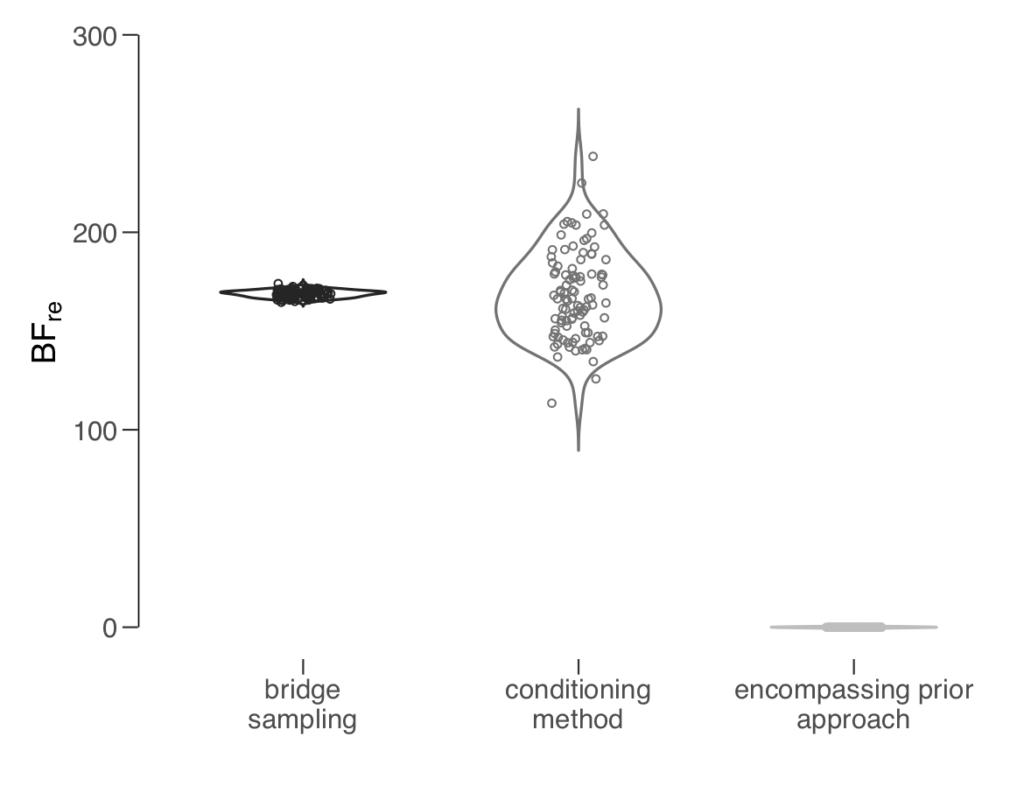Overwhelming Evidence for Vaccine Efficacy in the Pfizer Trial: An Interim Bayesian Analysis

Available on https://psyarxiv.com/fs562, this is a Bayesian analysis of the Pfizer Phase 3 clinical trial on a vaccine against COVID-19. Alternative analyses have been presented by Bob Carpenter, Sebastian Kranz, and Chuck Powell. On Monday November 9th 2020, Pfizer and BioNTech issued a press release1 in which Pfizer CEO Dr. Albert Bourla stated: “Today is a great day for science…
read more





